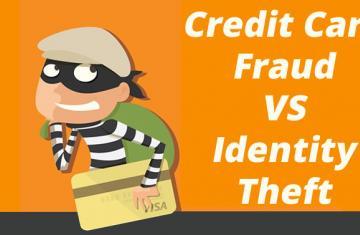
What to Know About Alternative Credit Data, Reporting and Scoring
When someone applies for a new credit card or loan for a new home or car, the lender will review the applicant’s credit history to determine their approval or denial of the loan. But what happens if this is the applicant’s first loan? What if the consumer doesn’t have much credit history yet? What Is

